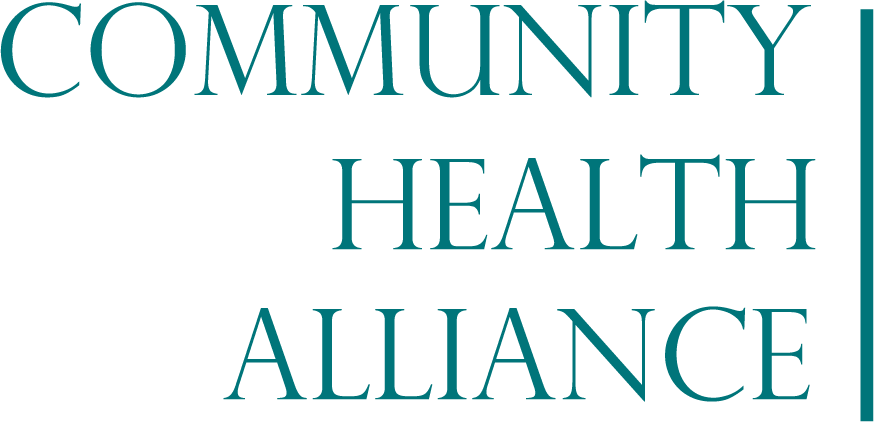National Eating Disorder Awareness Week
February 21-27 is National Eating Disorder Awareness Week
Please join us in recognizing National Eating Disorder Awareness Week. Here are some facts about eating disorders to help you or a loved one. Also, the Alliance for Eating Disorders will be hosting a virtual event from February 25-27 to help support #NOTONEMORE. Help us make sure NOT ONE MORE life is lost to eating disorders.
What is an Eating Disorder?
According to the National Eating Disorders Collaboration, eating disorders are “serious, complex and potentially life-threatening mental illnesses. They are characterized by disturbances in behaviors, thoughts, and attitudes to food, eating, and body weight or shape. Eating disorders have detrimental impacts upon a person’s life and result in serious medical, psychiatric, and psychosocial consequences.”
Please view this post for some fast facts about Eating Disorders from the National Alliance for Eating Disorders
stroke=”none” stroke-width=”1″ fill=”none” fill-rule=”evenodd”>View this post on Instagram
Eating Disorder Statistics
Eating disorders affect people of every age, race, size, gender identity, sexual orientation, and background.
- Eating disorders affect at least nine percent of the population worldwide
- Nine percent of the U.S. population, or 28.8 million Americans, will have an eating disorder in their lifetime
- Twenty-eight to 74 percent of the risk for eating disorders is through genetic heritability
- Eating disorders are among the deadliest mental illnesses, second only to opioid overdose
- 10,200 deaths each year are the direct result of an eating disorder- that’s one death every 52 minutes
Learn more here.
7 Signs your Loved One May Be Struggling With An Eating Disorder
The National Eating Disorders Association has created a list of 7 signs that may indicate someone you know is struggling with an eating disorder or body image. The presence of one or more of these signs does not necessarily mean that an eating disorder is present, but they are red flags to be aware of.
Weight Concerns
- Expresses concern about body shape or weight
- Talks excessively about food
- Talks about dieting or is actively on a diet
Exercise
- Increases an exercise regimen or physical activity without increasing caloric intake
- Becomes anxious or upset when they cannot exercise
Meal Preparation
- Becomes obsessed with cooking but does not eat the prepared meals
- Makes one’s own meal instead of eating what the family is eating
Control Over Food
- Becomes upset when unable to control a situation related to food
Odd Behaviors During and After Meals
- Makes frequent excuses to use the bathroom after a meal
- Refuses to eat around others
- Engages in strange rituals with food
Mood
- Appears more depressed, anxious, and irritable than normal
Energy
- Less energy, less vivacious, and less interested in activities
- Becomes “super-person” taking on all sorts of responsibilities and activities
Eating Disorder Resources
Sign Up for Our Newsletter
SubscribeSign Up for Our Newsletter
By submitting this form, you are consenting to receive marketing emails from: Community Health Alliance. You can revoke your consent to receive emails at any time by using the SafeUnsubscribe® link, found at the bottom of every email. Emails are serviced by Constant Contact
By submitting this form, you are consenting to receive marketing emails from: Community Health Alliance, 680 S. Rock Blvd, Reno, NV, 89502, https://www.chanevada.org. You can revoke your consent to receive emails at any time by using the SafeUnsubscribe link found at the bottom of every email.


